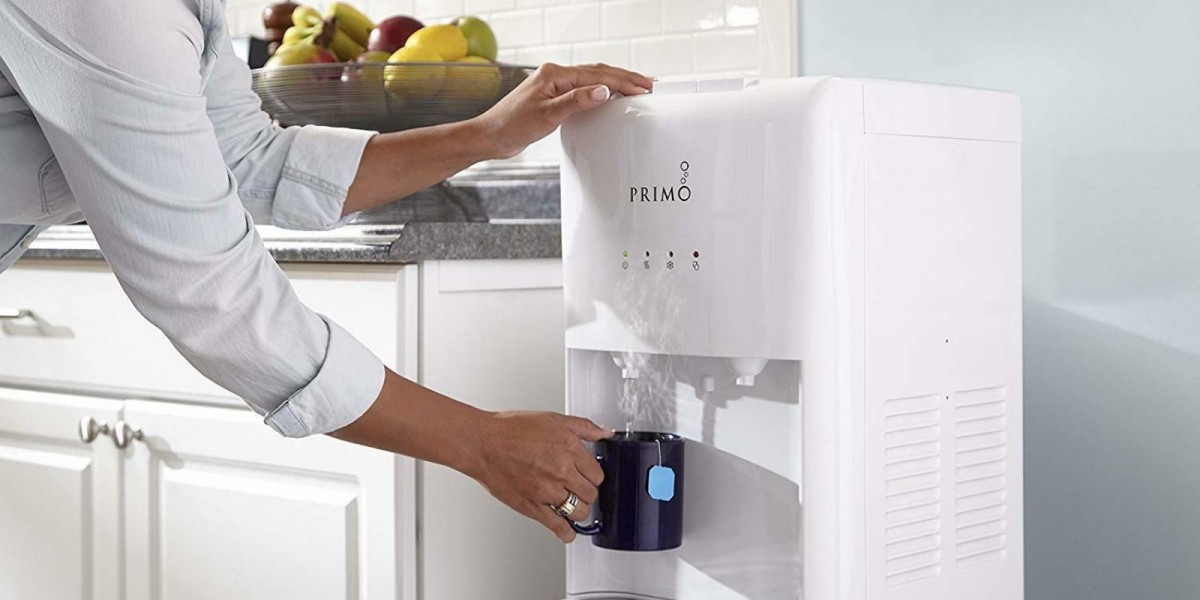When it comes to ensuring that your drinking water is clean and safe, investing in the right water filter is essential. With so many options available, knowing what to look for can make a significant difference in protecting your health and enhancing the quality of your water. Here, we’ll explore the key features to consider when choosing a water filter for your home.
1. Filtration Technology
The most important feature of a water filter is the technology it uses. Common types include activated carbon, reverse osmosis, and UV filtration. Activated carbon filters are effective at removing chlorine and improving taste, while reverse osmosis systems offer a higher level of purification by removing heavy metals and other contaminants. UV filters kill bacteria and viruses without using chemicals.
2. Certification and Standards Compliance
Ensure that the water filter you choose meets the standards set by recognized bodies such as NSF International. Certified filters have been tested for safety and performance, providing peace of mind that they effectively remove contaminants according to specified guidelines.
3. Removal of Contaminants
Different filters target different types of contaminants. Look for a water filter that removes chlorine, lead, mercury, pesticides, and other harmful substances that may be present in your water supply. A high-quality filter will list specific contaminants it removes and its removal efficiency.
4. Ease of Installation and Maintenance
A user-friendly water filter system can save you time and effort. Whether it's a countertop unit, an under-sink filter, or a whole-house system, check for easy installation and simple maintenance procedures. Ensure that replacement cartridges are readily available and not difficult to change.
5. Filter Lifespan and Cost
Filter lifespan refers to how long the system can operate before needing a replacement cartridge. A good water filter should provide a long lifespan to minimize maintenance costs. Also, consider the overall cost of replacement filters over time and how frequently they need to be replaced.
6. Flow Rate
The flow rate of a water filter determines how much water it can filter per minute. Depending on your household’s needs, choose a filter that offers a flow rate that matches your daily water consumption without compromising filtration quality.
7. Capacity and Size
Consider the capacity of the water filter, especially if you have a large household. Filters come in various sizes, and a model with a larger capacity will be able to meet the demands of a bigger family, reducing the frequency of filter replacements.
8. Brand Reputation and Reviews
Do your research and read customer reviews before making a decision. Brands with a solid reputation and positive user feedback are more likely to provide a reliable product that meets your needs.
9. Design and Aesthetic
While functionality is the main priority, having a water filter that complements your kitchen's design is an added bonus. Look for filters that blend seamlessly into your kitchen setup, whether it’s a sleek faucet mount or an attractive countertop model.
10. Additional Features
Some advanced water filters come with added features such as digital indicators for filter life, multi-stage filtration systems, and even smart technology for remote monitoring and maintenance alerts. While not essential, these extras can enhance the convenience of using your water filter.
Conclusion
Selecting the right water filter for your home involves understanding your specific water quality needs and choosing a filter that meets them. Look for certifications, reliable filtration technology, a suitable lifespan, and the right balance of features to get clean, safe water for your family. With the right water filter, you can enjoy peace of mind knowing that your water is free from harmful contaminants.







